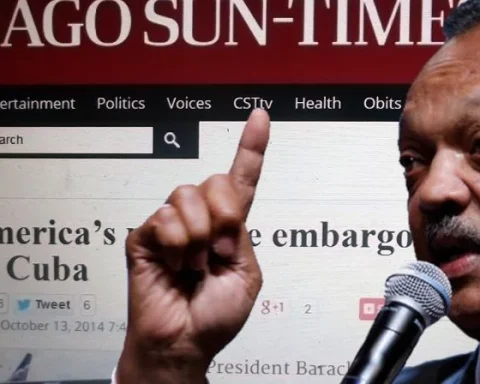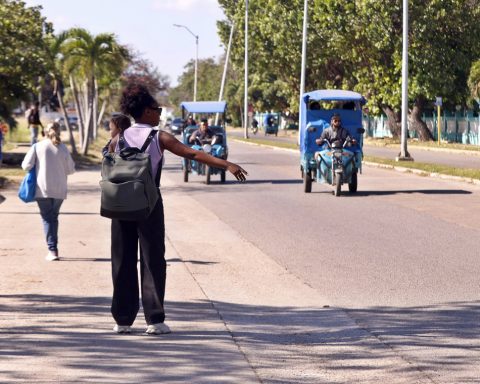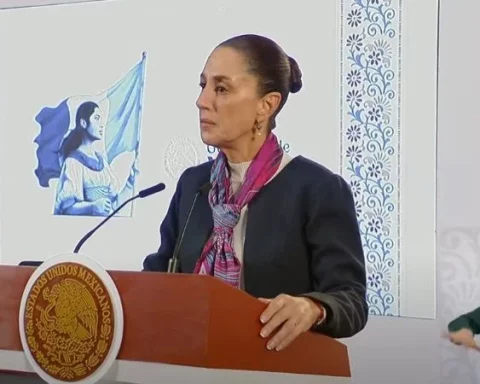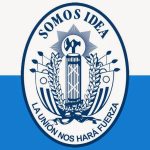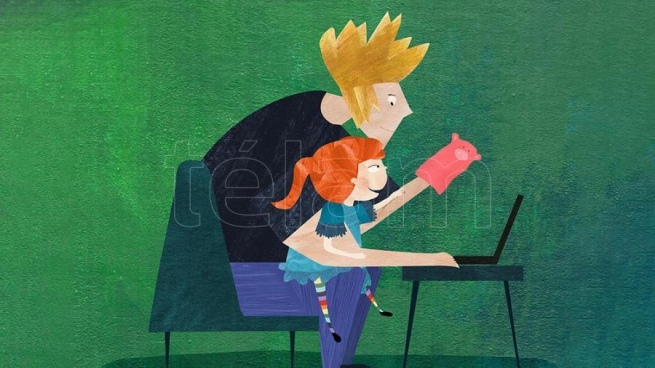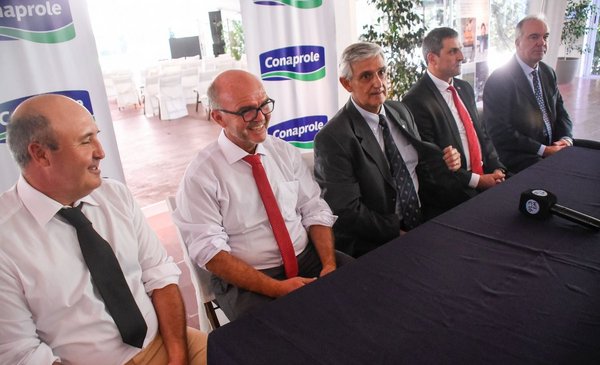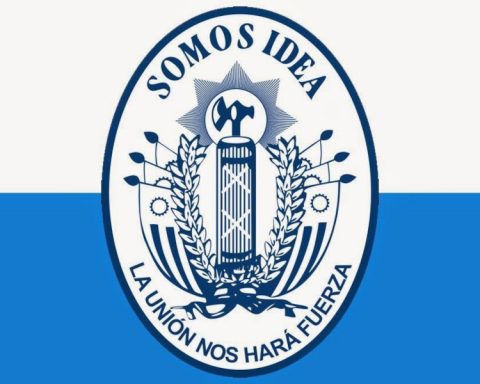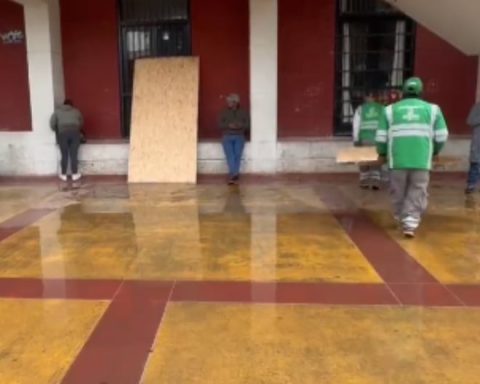Lawyers, professors, deputies and other personalities from the island and from Europe and Latin America addressed relevant aspects of its content, during a parliamentary public hearing held at the headquarters of the National Assembly of People’s Power (parliament), in this capital.
Aida Kemelmajer de Carlucci, from the National Law Academy of Buenos Aires, Argentina, highlighted the importance of parental responsibility and the progressive autonomy of minors and drew attention to article 134, which clarifies the doubts in this regard.
At another point in his presentation, via telematics, Kemelmajer referred to solidarity gestation as a process that reconciles autonomy, freedom and solidarity, which in his opinion leads to the principle of equality that all rule of law presupposes.
For her part, Silvia Díaz, Emeritus Professor of Civil Law at the Complutense University of Madrid, praised the extensive participation of specialists in its writing and, above all, the consultation process with citizens.
Meanwhile, Yamila González, professor at the Faculty of Law of the University of Havana, when referring to same-sex marriage and the right of adoption, warned that the code grants rights to those who did not have them, without harming those of other people. .
He warned about discriminatory attitudes in this regard, since sexual orientation, skin color, religion or origin cannot be factors that make differences between people.
He also pointed out that manifestations of discrimination that persist in current Cuban society are not eliminated by decree, but the Family Code project will allow effective progress in that direction.
For María Berenice Díaz, vice president of the Brazilian Family Institute, one of the “most impressive” aspects of the text is the “absolute equality between men and women”, which, she assured, is a shortcoming in most countries.
For her part, Esther Vicente Rivera, professor at the Law School of the Inter-American University of Puerto Rico, called attention to the elimination of discrimination in all aspects.
In this regard, he pointed out that from the title itself, the Family Code shows recognition of the existing diversity in society, while generating changes in the sense of strengthening cooperation and solidarity within the family framework.
At the closing of the Legislative hearing, Leonardo Pérez, president of the Scientific Society of Civil and Family Law, of Cuba, expressed that this code seeks to settle debts in the asymmetries of law between men and women, older adults and disabled people.
It also respects all the international treaties on Human Rights signed by Cuba, and observed that it “transits” from a “family” right to another “of families” that implies making visible those who today lack representation and are part of the diversity of society. current Cuban.
The popular consultation will last until April, and its proposals will go to the consideration of the National Assembly to enrich the text, already in its 24th version, which will finally be submitted to a referendum for approval.
ode/rc

